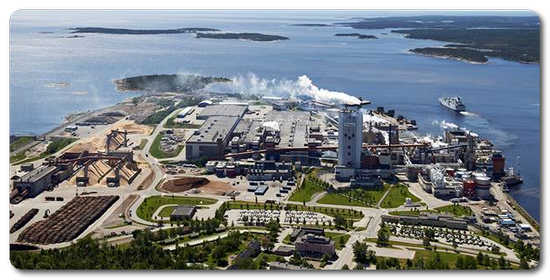A.Celli Group has always guaranteed continuous and immediate assistance to its customers with a free of charge 24/7 service
The A.Celli Group provides its customers with various access channels to request assistance: in the first instance, in case of emergencies, contact can be made by telephone, using a dedicated H24 number, for real time solutions; there is also a dedicated e-mail address, accessible directly or via website and, finally, the chatbot, on the A.Celli website too.

If the problem is solved by phone, the technician who took charge of the request will trace the event, indexing it with various references, so that it remains memorized and usable for the data entered, both for use by the supplier company and by the customer.
If, on other hand, the problem cannot be solved immediately, the customer is asked to open a "ticket" on A.Celli website. This procedure generates an email that is automatically sent to the Customer Care team in charge of assistance. Also in this case, from taking charge of the request, up to the solution of the problem, the intervention is traced: in this way an archive of cases is created with relative operations and resolution times, which can be consulted afterwards and which provides important data for the development of predictive maintenance (in the field of Industry 4.0).
Every A.Celli machine is connected to the web via VPN: this connection allows remote access to the machine data (remote assistance). Using the VPN, the dedicated team verifies the solvability of the problem: generally it is possible to take action on software anomalies or regulation, solving the same and restoring the optimal activity of the machine.
If, instead, it is deduced that the problem is of mechanical or process type, a technical on site intervention by our specialists becomes necessary.
Recently the A.Celli site has been implemented with a chatbot which, once activated, allows the identified customer to request the Customer Care service, specifying which of the two companies he wishes to interface with (A.Celli Paper or A.Celli Nonwovens) and choosing the way in which to be contacted by the assistance team. Also in this case a "ticket", which will trace the whole solution path, will be opened.
Summarizing, A.Celli customers can always count on Customer Care services, managed by skilled and experienced technicians:
- Telephone assistance and emergencies 24/7
- Chatbot
- Ticket opening (assistance request)
- Teleservice VPN
- On-site technical interventions
- Process supervision
- Training programs
- Safety analysis of the machine
- Technical documentation
- Worldwide local assistance

 “The luxury packaging and creative cover segments not only demand the best printability for their materials, they need to be sure that their paper of choice will work with the latest developments in special finishing technology. With ‘Poems in Black’, we prove that Pergraphica Infinite Black fulfils all of these demands with a beautiful book of our own.” says Johannes Klumpp, Marketing & Sales Director at Mondi Uncoated Fine Paper.
“The luxury packaging and creative cover segments not only demand the best printability for their materials, they need to be sure that their paper of choice will work with the latest developments in special finishing technology. With ‘Poems in Black’, we prove that Pergraphica Infinite Black fulfils all of these demands with a beautiful book of our own.” says Johannes Klumpp, Marketing & Sales Director at Mondi Uncoated Fine Paper.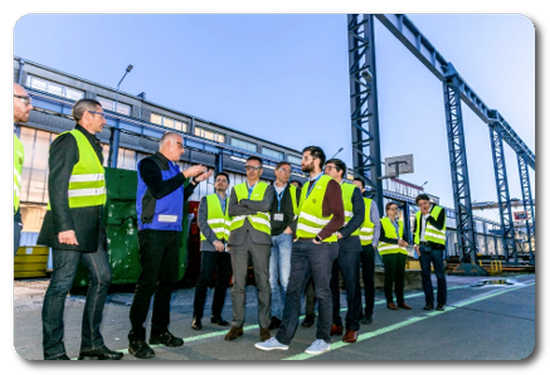
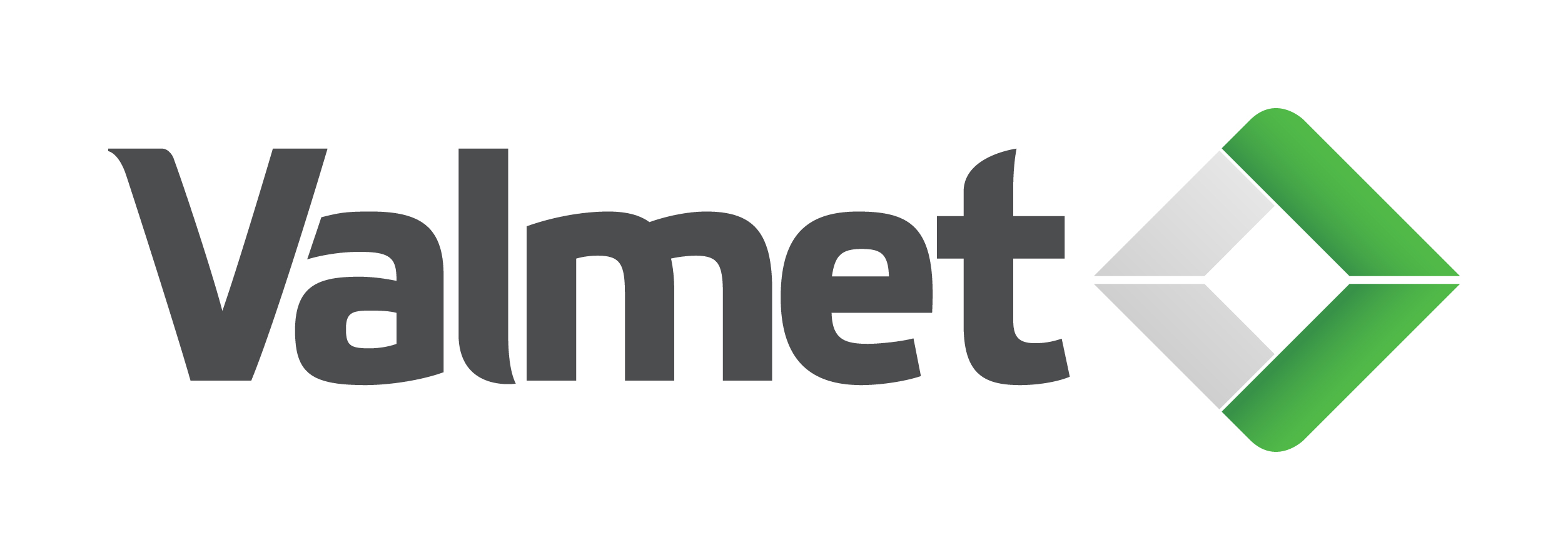 In May 2019, Bracell announced its plan for a substantial expansion of the São Paulo pulp mill in Lençóis Paulista (formerly Lwarcel) to increase its current production capacity of 250,000 tons per year (tpy) by an additional 1,250,000 tpy to reach 1.5 million tpy. The project is expected to be completed by the end of 2021.
In May 2019, Bracell announced its plan for a substantial expansion of the São Paulo pulp mill in Lençóis Paulista (formerly Lwarcel) to increase its current production capacity of 250,000 tons per year (tpy) by an additional 1,250,000 tpy to reach 1.5 million tpy. The project is expected to be completed by the end of 2021.
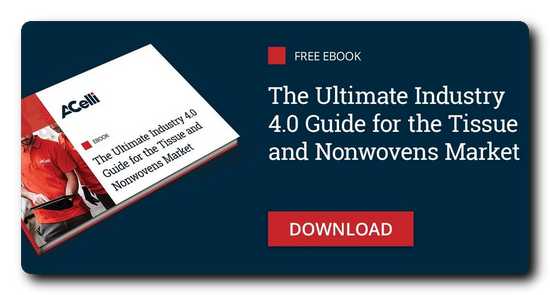
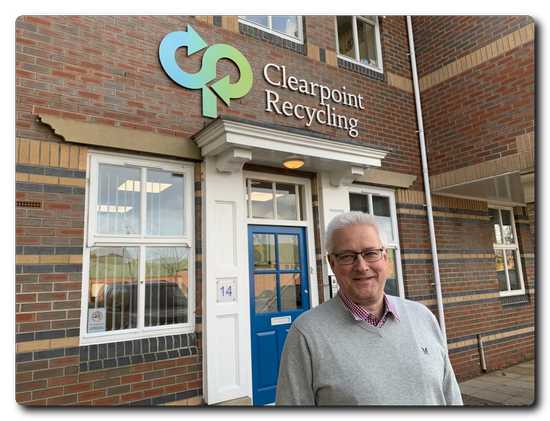
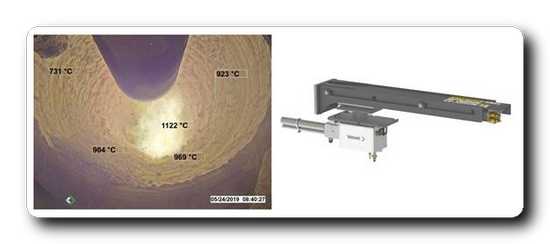
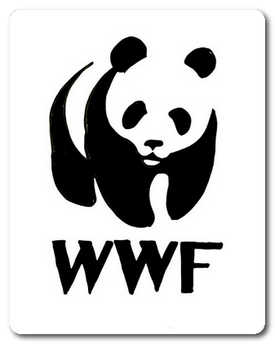 Overall, the assessment shows that participating companies are obtaining 76% of the maximum points for responsible fiber sourcing, 70% for clean manufacturing, and 64% for Environmental Management Systems (EMS) and transparency in reporting. The average score of 70% is slightly less compared to the overall performance in the EPCI 2017 (73%). An important trend to note is the overall reduction of FSC certified sourced fiber and the use of recycled materials for all product categories except packaging. More transparency is also needed indicates the lowest score (63%) on environmental reporting.
Overall, the assessment shows that participating companies are obtaining 76% of the maximum points for responsible fiber sourcing, 70% for clean manufacturing, and 64% for Environmental Management Systems (EMS) and transparency in reporting. The average score of 70% is slightly less compared to the overall performance in the EPCI 2017 (73%). An important trend to note is the overall reduction of FSC certified sourced fiber and the use of recycled materials for all product categories except packaging. More transparency is also needed indicates the lowest score (63%) on environmental reporting. 